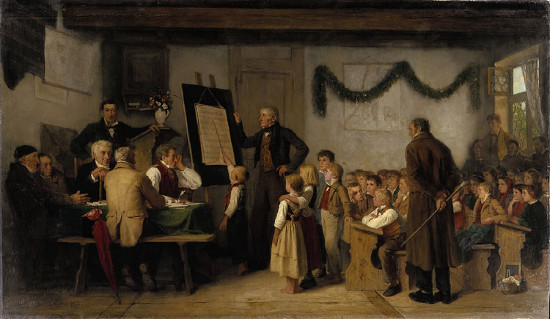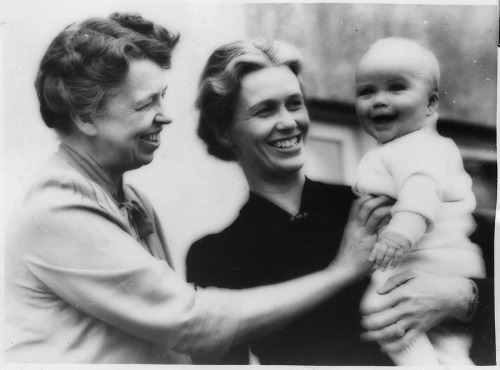In 1980, New York patent lawyer Eric Bram correctly predicted that the city’s transit fare would increase. He explained his reasoning to the New York Times: “Since the early ’60s, the price of a slice of pizza has matched, with uncanny precision, the cost of a New York subway ride. Right now, it is impossible for any discerning New Yorker to find a decent slice of pizza for less than 60 cents. The 50-cent fare was doomed.”
He was right. In 1960, the fare was 15 cents, and so was a slice of pizza (a regular slice, mozzarella and tomato sauce, no toppings). In the early 1970s, both rose to 35 cents, and the two continued to rise together. By 2002, pizza had risen to $2 in midtown, while the fare lagged at $1.50; sure enough, the fare rose to $2 the following spring, after eight years without a change.
In 2003 the subway system switched from tokens to MetroCards, finding them more efficient in a digital age. “Who knows if the fundamentals of economics will hold?” Bram asked.
They did. As the price of pizza rose, the fare followed it, rising to $2.25 in 2009 and to $2.50 in 2011. “Don’t ask why,” wrote Clyde Haberman, who tracks all this in the Times. “It simply is so, and has been for decades.”




